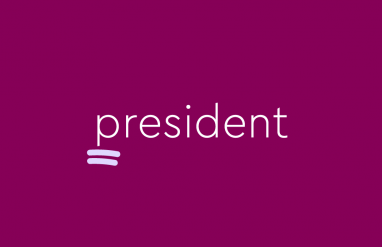⚡ Quick summary
Meet is an irregular verb. Meet is the base form, which can be used in the present tense and the future tense (will meet) and as an infinitive (to meet). Met is the past tense form, as in I met Bill yesterday. It’s also used in passive voice constructions, as in All of the boss’s demands were met.
You probably know that the past tense of meet is met and not meeted, but do you know why?
In this article, we will explain how and when to correctly use meet and met, explain why meet is considered to be an irregular verb, and provide examples of how we use meet and met in sentences.
When to use meet or met
The verb meet is an irregular verb. Meet is the base form of the verb, which can be used in the present tense (We meet again!) and future tense (will meet) and as an infinitive (to meet).
For example:
- You meet new people every time you go to the park.
- Jeff will meet Nicole at the cafe outside the mall.
- We like to meet other science fiction fans at conventions.
The past tense and past participle form of meet is met. A verb is typically considered to be an irregular verb if its past tense or past participle is formed without using the -ed or -d endings used in regular verbs (such jumped and arrived). This is the case with meet: instead of meeted, the past tense and past participle is met.
For example:
- Naomi met her husband while she was in college.
Because met is also the past participle, it’s used with the helping (or auxiliary) verbs have, has, and had to form the perfect verb tenses. The verb phrase has met is used with a third person singular subject (with the exception of singular they). The phrase have met is used with any other subject, including first person singular and plural, second person singular and plural, and third person plural.
For example:
- Tina has met my brother once before.
- The puppies have met all of the other dogs in the neighborhood.
Like all other past participles, met is also the form that’s used in the passive voice. When used this way, it’s used with the various forms of the helping verb be.
For example:
- The visitors were met at the door by the butler.
- My expectations will be met, or everyone here is getting fired.
Similar verbs
Meet is a unique irregular verb, and no other verb follows its exact irregular conjugation pattern. Other verbs that end in -eet, such as greet and sheet, are usually regular verbs. However, meet uses a similar pattern to several other irregular verbs that end in -et:
| present tense | past tense | past participle |
| meet | met | met |
| let | let | let |
| set | set | set |
| upset | upset | upset |
| bet | bet/betted | bet/betted |
| wet | wet/wetted | wet/wetted |
Examples of meet and met in a sentence
Let’s introduce ourselves to some example sentences that show how we typically use meet and met.
- I’m going to meet my friends at the movies.
- My daughter met Santa Claus at the mall today.
- The leaders of Spain and France will meet tomorrow to discuss trade agreements.
- She’s never met anyone from the south side of town.
- We’ve met every deadline so far, but the next one looks impossible to meet.
- The ambassador will meet with the queen after she has met with the prime minister.














